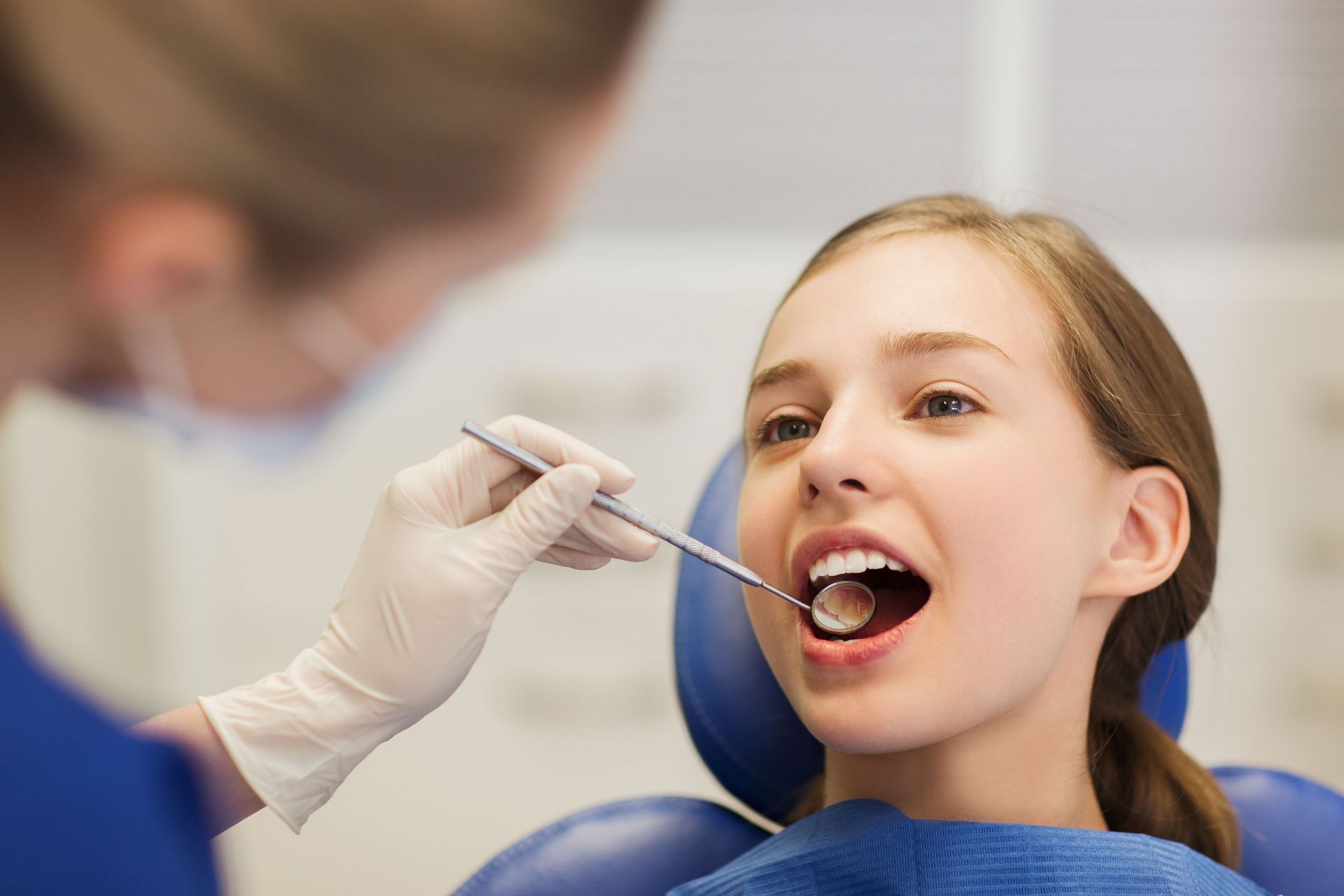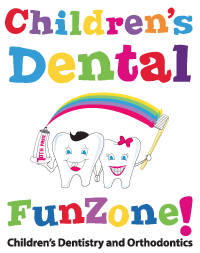What to Expect From a Childrens Dental Office
Ensuring dental health from an early age plays a crucial role in a child's overall well-being. Healthy teeth are not only vital for eating and speaking but also contribute to a child's self-esteem and comfort. Visiting a pediatric dental office can help identify potential dental issues early and instill good oral hygiene habits. For many parents, the prospect of a dental visit can be somewhat daunting, but understanding what to expect can help ease anxiety. This article outlines the key elements that make children's dental visits beneficial and why they are important for maintaining your child's oral health.
Providing a Welcoming Environment
A pediatric dental office is designed to be warm and welcoming to ensure a positive experience for young patients. This begins with the visual appeal of the environment, which often features child-friendly decor. Bright colors, fun patterns, and playful themes are commonly used in decorations to create an inviting atmosphere for children. This cheerful setting aims to make children feel at ease and reduces the nervousness they might associate with a doctor's visit. Additionally, it taps into the natural curiosity and openness of children, making the experience more engaging.
The waiting area of a pediatric dental office is typically equipped with toys, books, and activities to entertain children while they wait. These items serve as distractions and help keep children occupied, reducing the chance of them becoming restless or anxious. By providing these engaging resources, dental offices create a more pleasant waiting experience for both children and their parents. Moreover, such a setup can positively shape a child's perception of dental visits, associating them with fun and play rather than fear. The waiting area is usually designed with safety in mind, ensuring that all items are age-appropriate and secure.
Friendly interaction with staff is another critical component of the welcoming environment at a children's dental office. From the receptionists to the dental hygienists and dentists, everyone is trained to communicate effectively with young patients. By using simple language, employing gentle tones, and exhibiting patience, staff members work to alleviate any fear or anxiety. Additionally, open communication is vital; staff take the time to explain procedures and answer questions from both children and parents. This level of personalization helps establish trust and confidence, which is crucial for a successful dental visit.
Offering Comprehensive Dental Exams
Comprehensive dental exams are foundational to maintaining good oral health in children. During the initial assessment, the dentist conducts a thorough examination of the child's mouth, teeth, and gums. This examination aims to identify any current issues, such as cavities or gum disease, as well as potential areas of concern. Regular check-ups, ideally every six months according to the Cleveland Clinic, help catch any issues early and maintain healthy dental habits. The initial assessment is also the perfect opportunity for the dentist to familiarize themselves with the child's dental history and tailor future care accordingly.
Advanced imaging techniques, such as X-rays, are often employed during comprehensive dental exams. These child-friendly technologies allow for a detailed view of the teeth, bones, and soft tissues, which is essential for accurate diagnosis and treatment planning. Such imaging can uncover problems not visible to the naked eye, such as hidden cavities, impacted teeth, or bone irregularities. The use of these diagnostic tools underscores the importance of comprehensive exams in determining the overall health of a child's dental structure. Moreover, they enable the dentist to provide a precise and informed set of recommendations for treatment or preventive measures.
Another key aspect of comprehensive dental exams is professional dental cleaning. This process involves the removal of plaque and tartar build-up, which are significant contributors to tooth decay and gum disease. Professional cleaning involves not only thorough brushing but also flossing and polishing of the teeth to give them complete care. In addition to cleaning, fluoride treatment is applied to strengthen the teeth and provide extra protection against cavities. At the end of the comprehensive exam, parents receive a detailed report with the dentist's findings and recommendations for ongoing care, ensuring an effective plan is in place to maintain optimal dental health.
Providing Preventive Care
Preventive care strategies are essential for protecting children's teeth and promoting long-term oral health. One effective preventive method is the application of dental sealants. These are thin, protective coatings applied to the chewing surfaces of the back teeth, where decay is most likely to occur. Sealants act as a barrier, shielding the enamel from food particles and bacteria that lead to cavities. This non-invasive procedure is a proactive way to conserve the health of a child's teeth and reduce the chances of developing cavities over time.
Nutritional counseling is another important aspect of preventive care offered at a pediatric dental office. Parents and children receive guidance on making healthy dietary choices that contribute to strong teeth and gums. Dentists emphasize the importance of limiting sugary snacks and drinks, which can lead to tooth decay. Instead, they encourage a balanced diet rich in fruits, vegetables, and dairy products to support healthy development. Such counseling aims to empower families with the knowledge to make informed decisions about their dietary habits and understand the link between diet and oral health.
Children are also taught effective brushing and flossing techniques as part of home care instructions, which are vital for maintaining oral hygiene. When provided with the tools and knowledge to properly care for their teeth, children are more likely to integrate these practices into their daily routines. Alongside these instructions, regular check-ups are integral to preventive care, as they help monitor dental health and address issues before they escalate. Tailored prevention plans are created based on individual assessments, ensuring specific risks and needs are addressed comprehensively. Regular dental visits serve as a critical component of a preventive care strategy, reinforcing healthy habits and identifying issues early on.
Offering Treatment Options
A pediatric dental office provides various treatment options to address a wide range of dental issues. One common treatment is fillings, which are used to restore teeth affected by cavities. Dentists offer a range of filling materials, including composite resins that match the natural tooth color and are suitable for children. The process of filling cavities is generally quick and painless, alleviating fears that children might have about dental treatments. Filling cavities promptly helps prevent further decay and preserves the integrity of the tooth.
Orthodontic evaluations are another vital service provided at children's dental offices. These assessments determine whether a child might need braces or other corrective measures to address alignment issues. Early orthodontic intervention can correct bite problems, reduce the risk of future dental complications, and enhance the child's appearance and self-esteem. By conducting these evaluations, dentists help ensure children have a healthy and well-aligned bite that supports oral function and aesthetics. Parents are encouraged to consider orthodontic evaluations early on, as they can lead to more effective long-term outcomes.
A pediatric dental office also handles emergency care situations, providing prompt attention to dental emergencies such as broken teeth or severe pain. These offices are typically equipped with the necessary tools and experienced professionals to address urgent dental needs quickly and efficiently. Additionally, sedation dentistry options are available for children with anxiety, fear, or special needs, ensuring they remain calm and comfortable during procedures. Space maintainers may be used for children who lose baby teeth early, preventing misalignment that can occur when gaps are left untreated. Overall, children receive comprehensive care tailored to their specific dental issues, ensuring effective and compassionate treatment.
Providing Educational Resources
Children's dental offices often provide educational resources to inform and empower parents and children about oral health. Workshops and seminars offer opportunities for families to learn about maintaining good dental hygiene and preventing dental issues. These events are interactive and engaging, featuring demonstrations and Q&A sessions that make learning fun and informative. Such educational opportunities underscore the importance of oral health and encourage families to adopt healthy dental practices at home. Participation in these events helps demystify dental care and emphasizes its value in everyday life.
Interactive tools are another excellent resource used by dental offices to educate young patients. Models and digital technologies explain complex dental concepts in a way that children can understand. These hands-on resources captivate children's attention and reinforce their learning about dental health. Through activities that simulate proper brushing or visual demonstrations of tooth decay, kids gain a better grasp of why dental care matters. These tools are particularly helpful for visual learners who benefit from seeing and experiencing information firsthand.
In addition to in-office resources, informative materials such as brochures and guides are provided for at-home learning. These include detailed instructions and tips that families can refer to when instilling good oral hygiene habits. Online resources expand access to information, offering guides and interactive activities tailored for young patients. Websites often feature FAQ sections, videos, and downloadable materials that foster continued learning outside the dental office. By offering a wealth of educational resources, dental offices support children and parents in becoming informed advocates for dental health.
Offering Specialized Care for Unique Needs
Children with disabilities require specialized care to ensure a positive and effective dental experience. Dental offices equipped to serve these children often have tailored facilities and trained staff who understand their unique needs. Adjustments in the office environment, such as sensory-friendly waiting areas or equipment, make visits more manageable and comfortable. Dentists with experience in accommodating children with special needs use gentle approaches and techniques that consider each patient's specific conditions. Personalized plans are developed to address both dental and behavioral challenges, ensuring comprehensive care.
Behavioral support techniques are often employed to assist children who may experience anxiety or fear during dental visits. Dentists and staff use various strategies, such as desensitization, visualization, and positive reinforcement, to make children feel at ease. Providing a calm and reassuring environment helps manage fear and creates a more pleasant experience. Preparation and communication are key components of effective behavioral support; staff explain procedures clearly and answer questions to reduce uncertainty. These techniques help children form positive associations with dental care, fostering a lifelong commitment to oral health.
Collaboration with pediatricians and other healthcare providers is another vital aspect of specialized care. Coordination ensures that all aspects of a child's health are considered, leading to more effective treatment outcomes. Dentists often work alongside pediatricians to monitor the impact of a child's overall health conditions on their oral health. Parental involvement is actively encouraged, as parents are pivotal in managing their child's dental care. Parents receive guidance on how best to prepare and support their children for dental visits, strengthening their role in ongoing care for optimal health outcomes.
In summary, a pediatric dental office is pivotal in ensuring comprehensive and compassionate dental care tailored to young patients. From a welcoming environment to personalized treatment plans and educational resources, these offices provide a full spectrum of services to support children's dental health. By understanding what to expect from a children's dental office, parents can better prepare their children for positive dental experiences. Prioritizing dental health sets the foundation for lifelong well-being and confidence in children. If you're looking for a caring pediatric dental office, contact or visit Children's Dental FunZone today.





